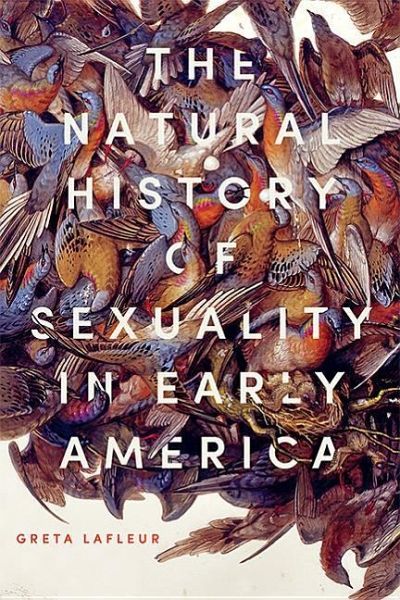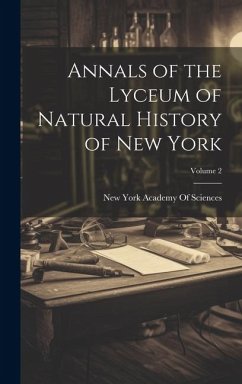
The Natural History of Sexuality in Early America

PAYBACK Punkte
33 °P sammeln!
How natural history made sex scientific in the eighteenth century. If sexology--the science of sex--came into being sometime in the nineteenth century, then how did statesmen, scientists, and everyday people make meaning out of sex before that point? In The Natural History of Sexuality in Early America, Greta LaFleur demonstrates that eighteenth-century natural history--the study of organic life in its environment--actually provided the intellectual foundations for the later development of the scientific study of sex. Natural historians understood the human body to be a "porous envelope," emin...
How natural history made sex scientific in the eighteenth century. If sexology--the science of sex--came into being sometime in the nineteenth century, then how did statesmen, scientists, and everyday people make meaning out of sex before that point? In The Natural History of Sexuality in Early America, Greta LaFleur demonstrates that eighteenth-century natural history--the study of organic life in its environment--actually provided the intellectual foundations for the later development of the scientific study of sex. Natural historians understood the human body to be a "porous envelope," eminently vulnerable to its environment. Yet historians of sexuality have tended to rely on archival evidence of genital-based or otherwise bodily sex acts for source material. Through careful readings of both elite natural history texts and popular print forms that circulated widely in the British North American colonies--among them Barbary captivity, execution, cross-dressing, and anti-vice narratives--LaFleur traces the development of a broad knowledge of sexuality defined in terms of the dynamic relationship between the human and the natural, social, physical, and climatic milieu. At the heart of this book is the question of how to produce a history of sexuality for an era in which modern vocabularies for sex and desire were unavailable. LaFleur demonstrates how environmental logic was used to explain sexual behavior on a broad scale, not just among the educated elite who wrote and read natural historical texts. LaFleur reunites the history of sexuality with the history of race, demonstrating how they were bound to one another by the emergence of the human sciences. Ultimately, The Natural History of Sexuality in Early America not only rewrites all dominant scholarly narratives of eighteenth-century sexual behavior but also poses a major intervention into queer theoretical understandings of the relationship between sex and the subject.













